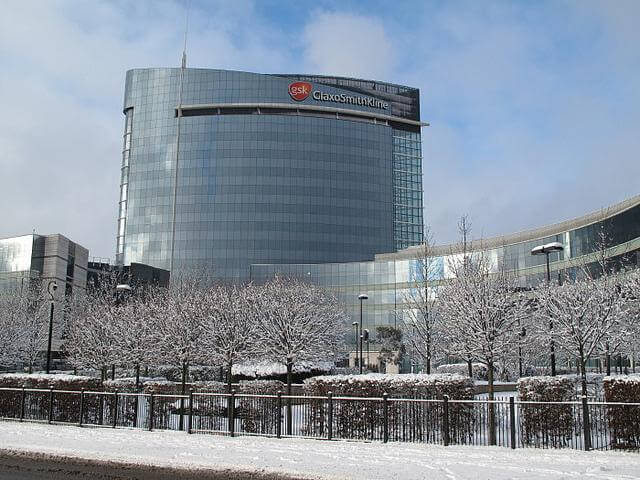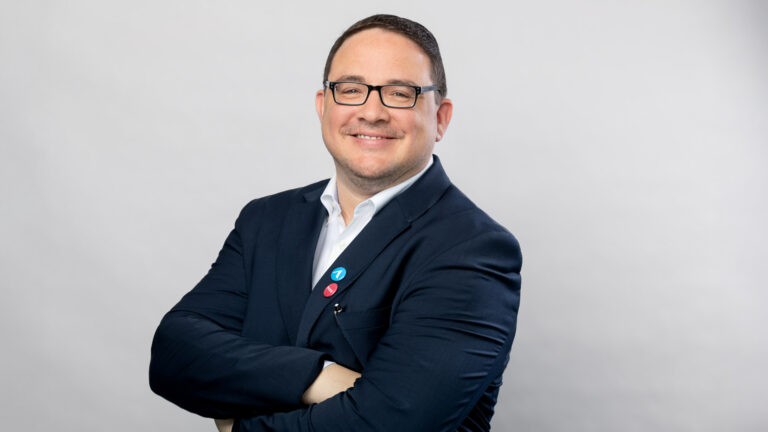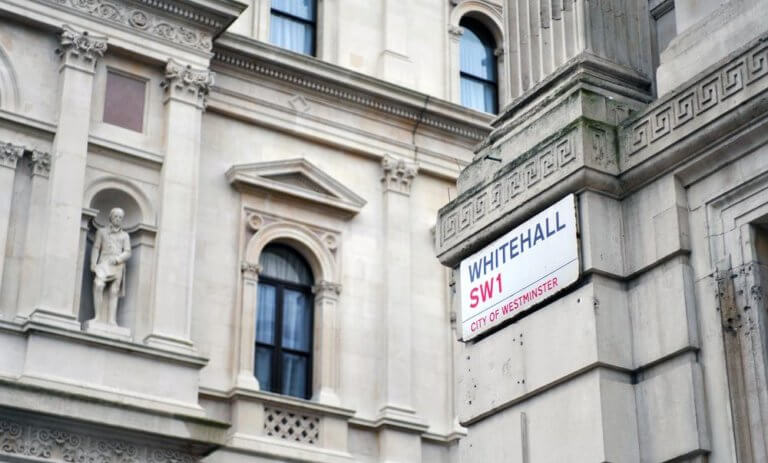The top five most common mistakes made by millionaires are failing to diversify, investing without a plan, making emotional decisions, failing to review a portfolio, and placing too much focus on previous returns, finds a poll by one of the world’s largest independent financial advisory organisations, according to a new survey.
In the global deVere Group survey of 880 high-net-worth clients, when asked to reveal their number one investing mistake before seeking professional advice from deVere, 23% cited failing to adequately diversify their portfolio.
22% responded investing without a plan, 20% said it was making emotional decisions, 16% answered failing to regularly review the portfolio, and 14% claimed it was focusing too heavily on the history of an investment’s returns.
5% cited other errors, including impatience, investing near the top of the market, adhering to recommendations from acquaintances, and paying tax on the investments unnecessarily, amongst others.
Those polled by the organisation, which has more than 80,000 clients worldwide, are based in the UK, the US, South Africa, Hong Kong, Japan, the UAE, Indonesia and Thailand and have investable assets of more than £1m.
Of the survey, Nigel Green, deVere’s founder and chief executive, observes: “Interestingly, there are minimal differences between the top five most common investment mistakes previously made by high-net-worth individuals.
“This close weighting could suggest that, according to the respondents, all of them are almost equally as significant and costly – and therefore must be avoided.”
On the breakdown of the poll, he continues: “As the survey highlights, failure to diversify a portfolio is widely regarded as one of the most common investment pitfalls. Spreading your money around is a vital tool to manage risk. However, it must be used correctly. Diversification will only add real value if the new asset has a different risk profile.
“The poll underscores how 22% of today’s millionaires have also in the past fallen into the all-too-familiar trap of randomly investing, or investing without a structured, robust plan. Anyone who has an investment plan can expect their portfolio to outperform those without a plan. To my mind, unless you have a sound investment plan you are gambling, not investing.
“Most decisions in life are emotional to some degree but making excessively emotional decisions can prove deadly when it comes to investments because they are blighted by prejudices and biases. Working with an independent financial adviser is one recommended way to help take excessive emotion out of the equation.
“16% of respondents cited that failure to review their portfolio on a regular basis was their number one investment mistake. This is not surprising as even the best portfolios can go off-target over time. Investments need to be reviewed and potentially rebalanced at least annually, preferably more often, to ensure they still deserve their place in the portfolio and that they are still on track to reach your long-term financial objectives.
“Additionally, high-net-worth individuals told us that they have in the past been caught out by relying too much on historical returns and not giving enough importance to future expectations. The future investment situation is likely to be different from time-aged averages. Past averages may have little bearing on the current environment and therefore the actual returns you receive.”
deVere Group’s CEO concludes: “Mistakes investing can and do occur – it is how they are best avoided, or at least mitigated, that is the key to success. Learning lessons from people, like those we polled, who have overcome these common investment mistakes to go on to accumulate significant wealth in the longer-term is a way to reduce costly errors.
“Due to the complexities of investing and the potentially devastating effects of committing expensive avoidable errors, the best thing to do is to seek advice from a professional independent financial adviser who will help circumnavigate the common and not-so-common pitfalls. Avoiding just one of these mistakes – and there are many others – can literally make the difference between poverty and financial freedom.”
























